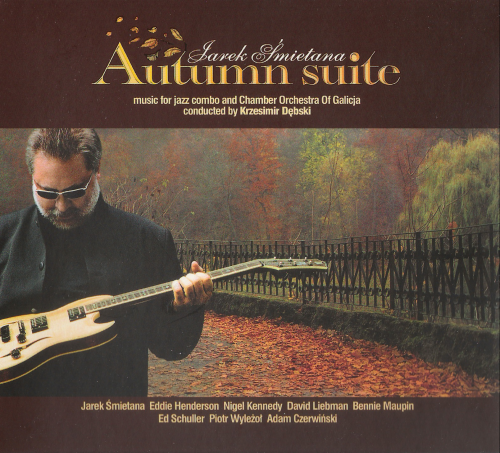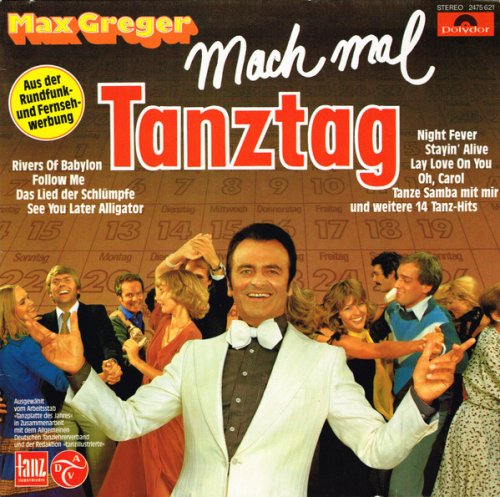Ennio Morricone - Ennio Morricone Conducts Morricone: His Greatest Hits (2016)
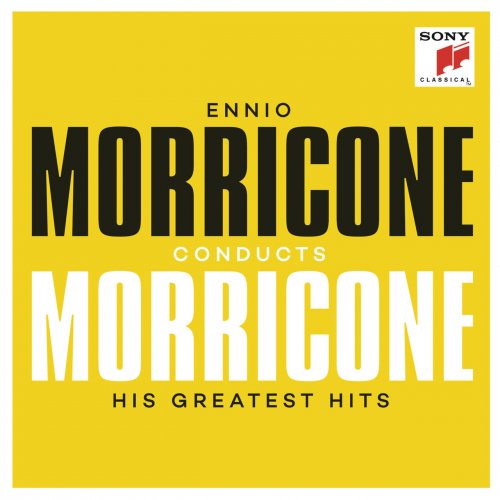
Artist: Ennio Morricone
Title: Ennio Morricone Conducts Morricone: His Greatest Hits
Year Of Release: 2016
Label: Sony Classical
Genre: Classical
Quality: FLAC (tracks)
Total Time: 61:59 min
Total Size: 264 MB
WebSite: Album Preview
Tracklist:Title: Ennio Morricone Conducts Morricone: His Greatest Hits
Year Of Release: 2016
Label: Sony Classical
Genre: Classical
Quality: FLAC (tracks)
Total Time: 61:59 min
Total Size: 264 MB
WebSite: Album Preview
01. Movie Theme (From "Cinema Paradiso") [02:14]
02. Love Theme (From "Cinema Paradiso") [03:12]
03. Investigation of a Citizen Above Suspicion [03:00]
04. Ricordare (From "A Pure Formality") [03:29]
05. Bugsy [04:28]
06. H2S [02:42]
07. The Good, The Bad and The Ugly Main Theme [03:04]
08. Jill's Theme (From "Once Upon a Time in the West") [02:54]
09. A Fistful of Dynamite [04:06]
10. The Ecstasy of Gold (From "The Good, the Bad and the Ugly") [03:24]
11. Metti una Sera a Cena [05:21]
12. A Brisa Do Coracao (From "Pereira Declares") [03:45]
13. The Working Class Goes to Heaven [03:59]
14. Casualties of War [05:37]
15. Abolisson (From "Quemada") [04:45]
16. Gabriel's Oboe (From "The Mission") [02:17]
17. On Earth as it is in Heaven (From "The Mission") [03:36]
Ennio Morricone is probably the most famous film composer of the 20th century. He is also one of the most prolific composers working in any medium. No exact figure is available, but he's scored over 500 films over several decades, plus many dozens of classical works. While his film scores have been in almost every imaginable musical style (and for almost every imaginable kind of movie), he is most identified with the "spaghetti Western" style of soundtracks, which he pioneered when providing the musical backdrop for the films of director Sergio Leone. Morricone's palette is extraordinarily diverse, drawing from classical, jazz, pop, rock, electronic, avant-garde, and Italian music, among other styles. Esteemed by such important figures in modern music as John Zorn (not to mention contemporary directors like Martin Scorsese), he is increasingly placed among not just the finest soundtrack composers, but the most important contemporary composers of any sort.
A Fistful of Dollars [Original Soundtrack]Morricone began studying music at Rome's Conservatory of Santa Cecilia at the age of 12. Urged to concentrate on composition by his instructors, he supported himself by playing trumpet in jazz bands, and then worked for Italy's national radio network after graduating from the conservatory. He didn't begin scoring films until the early '60s, and didn't begin attracting international notice until he began collaborating with Leone, starting with A Fistful of Dollars in the mid-'60s. (Morricone had previously worked on other Italian Westerns with other directors.) The spaghetti Westerns only comprised a phase of Morricone's career, but for many his work in this field remains his best and most innovative. Morricone amplified the film's plots and drama through ingenious use of diverse arrangements and instrumentation. Jew's harps, dissonant harmonicas, dancing piccolos, bombastic church organs, eerie whistling, thundering trumpets, oddly sung gunfighter ballads, and ghostly vocal choruses -- all became trademarks of the Morricone-Leone productions, then of the spaghetti Western genre as a whole. The influence of rock & roll was felt in the low, ominous twanging guitars, which reflected (intentionally or unintentionally) the sound of contemporary recordings by the Ventures, Duane Eddy, the Shadows, and John Barry. Morricone's most famous composition, the theme to The Good, The Bad and The Ugly, made number two in the U.S. when it was covered by Hugo Montenegro.
Battle Of Algiers (Soundtrack) / Massacre In Rome (Soundrack) Even while he was busy with collaborations with Leone, Morricone found time for various other film projects, such as the agitprop classic Battle of Algiers and Burn! By the '70s, Morricone was winding down his involvement with both Leone and the spaghetti Western, working with numerous other directors all over the world. Grand orchestration and memorable motifs were commonplace in Morricone's work; Warren Beatty, for instance, once told the Los Angeles Times that "there's nobody better than Ennio to create a haunting theme." His scores also began to utilize more contemporary electronic influences, with mixed results.
The Mission [Original Soundtrack] Age has not slowed Morricone in the least. In fact, the 1980s, '90s, and 2000s saw his commercial success and widespread recognition at an all-time peak. He garnered Academy Award nominations for The Mission, The Untouchables, Bugsy, and Malèna, and worked for such top directors as Pedro Almodovar, Brian DePalma, Roman Polanski, Mike Nichols, Oliver Stone, and Barry Levinson. Cinema Paradiso is probably the most renowned of his scores from that period. In his late eighties, he made waves with his work on the 2015 Quentin Tarantino western The Hateful Eight, which won him a Golden Globe and his first Academy Award for Best Original Score.
The Legendary Italian Westerns With such an abundance of recordings, collecting Morricone remains a daunting proposition. It's doubtful that anyone will collect all of his soundtracks under one roof; after all, the composer himself doesn't even remember how many films he's worked on. RCA's The Legendary Italian Westerns, Virgin's two Film Music volumes, and Rhino's Anthology are useful collections, and the DRG label has reissued other noteworthy compilations of his work. -- Richie Unterberger
A Fistful of Dollars [Original Soundtrack]Morricone began studying music at Rome's Conservatory of Santa Cecilia at the age of 12. Urged to concentrate on composition by his instructors, he supported himself by playing trumpet in jazz bands, and then worked for Italy's national radio network after graduating from the conservatory. He didn't begin scoring films until the early '60s, and didn't begin attracting international notice until he began collaborating with Leone, starting with A Fistful of Dollars in the mid-'60s. (Morricone had previously worked on other Italian Westerns with other directors.) The spaghetti Westerns only comprised a phase of Morricone's career, but for many his work in this field remains his best and most innovative. Morricone amplified the film's plots and drama through ingenious use of diverse arrangements and instrumentation. Jew's harps, dissonant harmonicas, dancing piccolos, bombastic church organs, eerie whistling, thundering trumpets, oddly sung gunfighter ballads, and ghostly vocal choruses -- all became trademarks of the Morricone-Leone productions, then of the spaghetti Western genre as a whole. The influence of rock & roll was felt in the low, ominous twanging guitars, which reflected (intentionally or unintentionally) the sound of contemporary recordings by the Ventures, Duane Eddy, the Shadows, and John Barry. Morricone's most famous composition, the theme to The Good, The Bad and The Ugly, made number two in the U.S. when it was covered by Hugo Montenegro.
Battle Of Algiers (Soundtrack) / Massacre In Rome (Soundrack) Even while he was busy with collaborations with Leone, Morricone found time for various other film projects, such as the agitprop classic Battle of Algiers and Burn! By the '70s, Morricone was winding down his involvement with both Leone and the spaghetti Western, working with numerous other directors all over the world. Grand orchestration and memorable motifs were commonplace in Morricone's work; Warren Beatty, for instance, once told the Los Angeles Times that "there's nobody better than Ennio to create a haunting theme." His scores also began to utilize more contemporary electronic influences, with mixed results.
The Mission [Original Soundtrack] Age has not slowed Morricone in the least. In fact, the 1980s, '90s, and 2000s saw his commercial success and widespread recognition at an all-time peak. He garnered Academy Award nominations for The Mission, The Untouchables, Bugsy, and Malèna, and worked for such top directors as Pedro Almodovar, Brian DePalma, Roman Polanski, Mike Nichols, Oliver Stone, and Barry Levinson. Cinema Paradiso is probably the most renowned of his scores from that period. In his late eighties, he made waves with his work on the 2015 Quentin Tarantino western The Hateful Eight, which won him a Golden Globe and his first Academy Award for Best Original Score.
The Legendary Italian Westerns With such an abundance of recordings, collecting Morricone remains a daunting proposition. It's doubtful that anyone will collect all of his soundtracks under one roof; after all, the composer himself doesn't even remember how many films he's worked on. RCA's The Legendary Italian Westerns, Virgin's two Film Music volumes, and Rhino's Anthology are useful collections, and the DRG label has reissued other noteworthy compilations of his work. -- Richie Unterberger
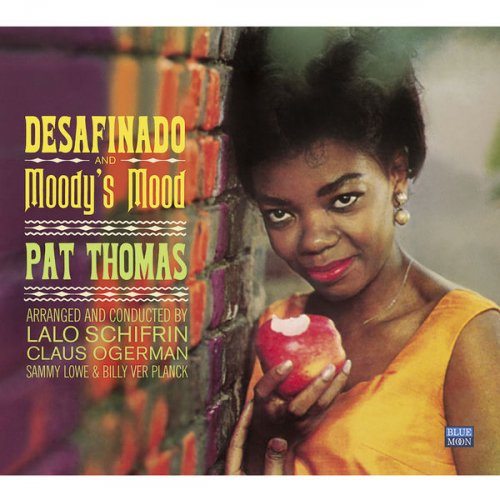
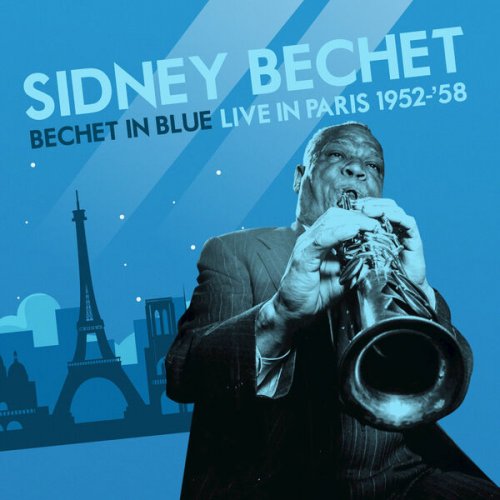
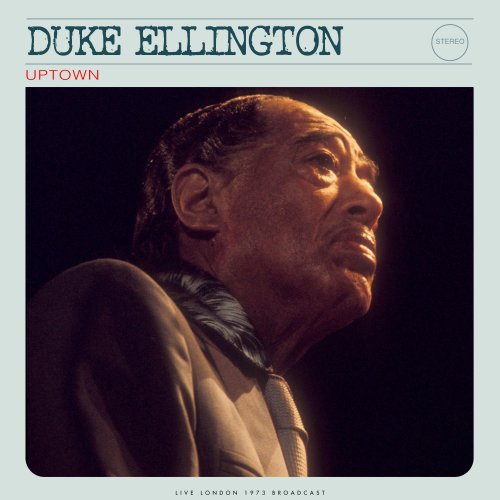
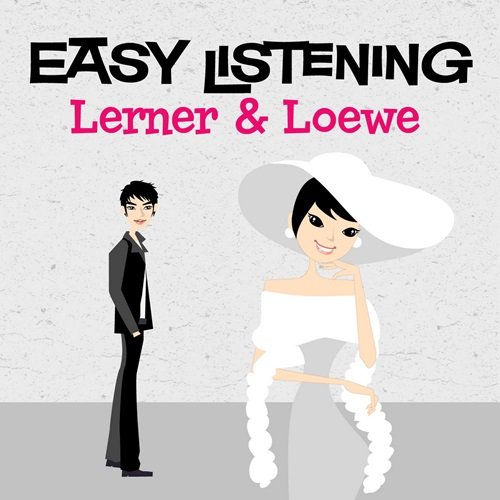
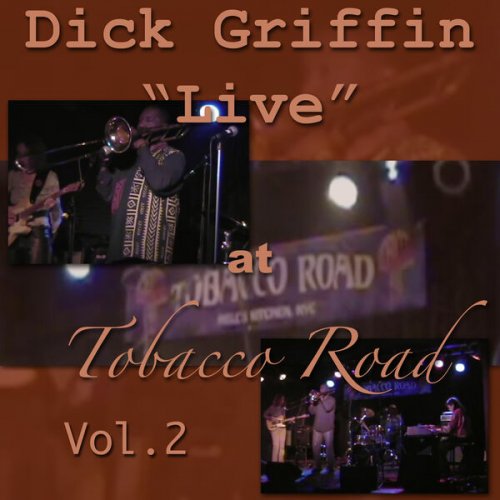
![Palle Mikkelborg, Claus Ogerman, Thomas Clausen Trio, Singapore Symphony Orchestra & Jean Thorel - Symbiosis · Tribute to Bill Evans (2026) [Hi-Res] Palle Mikkelborg, Claus Ogerman, Thomas Clausen Trio, Singapore Symphony Orchestra & Jean Thorel - Symbiosis · Tribute to Bill Evans (2026) [Hi-Res]](https://www.dibpic.com/uploads/posts/2026-01/1768323882_folder.jpg)
